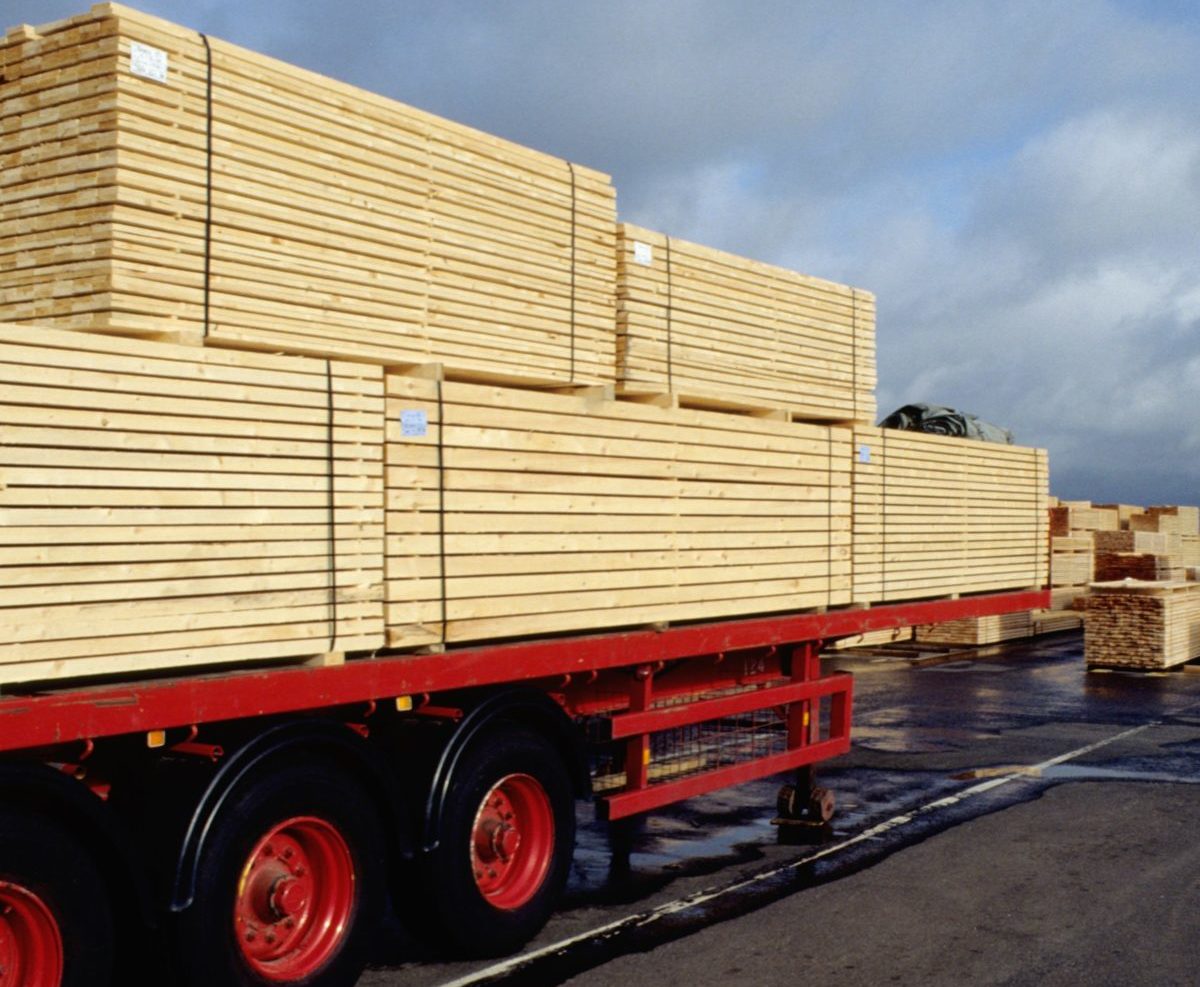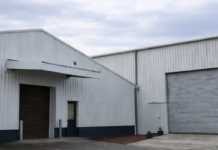
FORESTRY and Land Scotland (FLS) has revealed that the UK as a whole is ‘far too vulnerable’ to fluctuations in the global timber market, but that Scotland is well placed to ‘mitigate’ the risk by stepping up its commercial forestry sector.
The organisation highlighted research showing that home-grown timber makes up only around 33% of the UK market and believes there is ‘significant, unmet domestic demand’ for more structural timber and pallet wood.
Mick Bottomley, FLS head of marketing and sales, said, “Scottish-based timber manufacturers could potentially triple production to meet current and anticipated future demand and produce a greater share of the remaining 67% of the market which is currently imported, predominantly from Scandinavia, Latvia and Germany.
“There is also significant potential to expand Scotland’s one fifth of forested land area so that we can be more self-reliant in our requirements for timber.”
FLS believes the timber market is set to become increasingly competitive in future years – suggesting the opportunity must be seized now.
Mick Bottomley added, “Transport and energy costs will increase; emerging economies around the world will demand more timber and timber producing countries may be required to use more of their own timber at home as they seek to meet stricter climate protocols and net zero targets. Sweden is recording the lowest stock levels in 20 years and this trend is likely to be further exacerbated as current issues like wildfires, tree diseases and pests, exert additional worldwide pressures on the supply of timber.
“The UK can attempt to compete for diminishing supplies on the world market against growing economies such as China and India or do something to mitigate its exposure to these forces, by planting more commercial forestry now so that we are more self-sufficient in the future.”
FLS explained its sustainable management of existing productive forests aims to bring three million tonnes of timber to market every year. This year, the organisation is planting 25 million trees and acquiring land for new productive and native woodland creation.








